Health
-
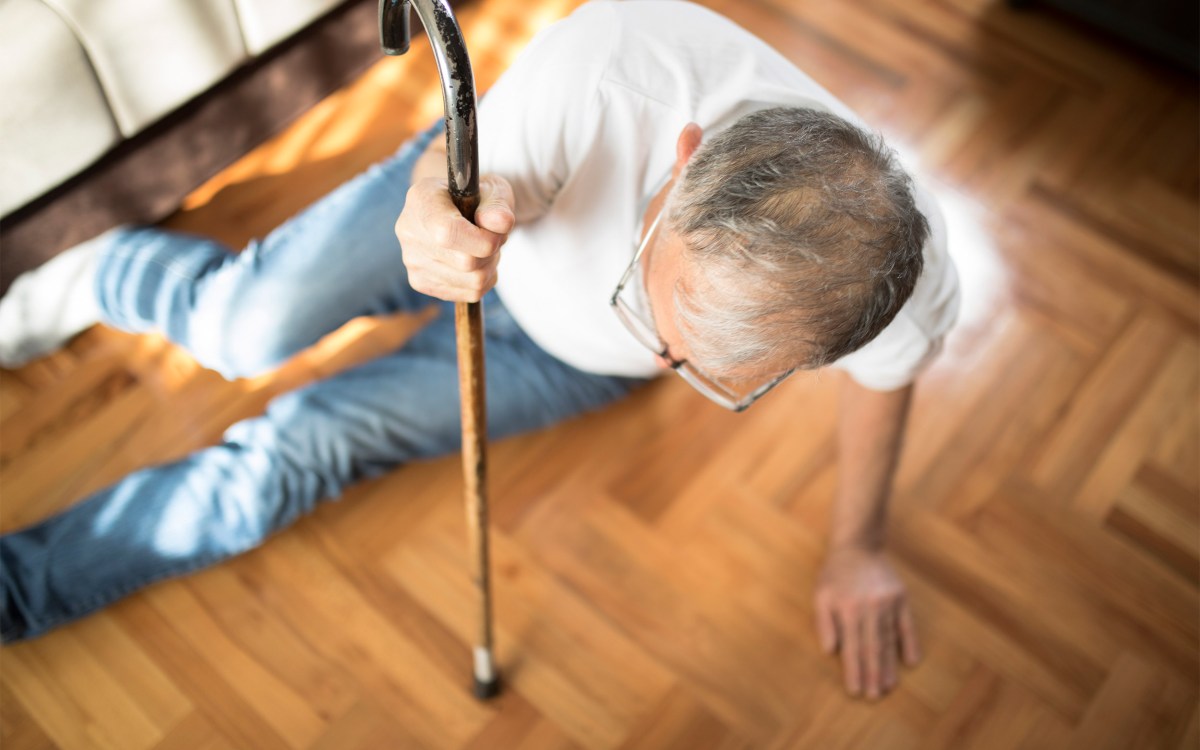
Falls put older adults at increased risk of Alzheimer’s
Researchers found dementia more frequently diagnosed within one year of a fall, compared to other types of injuries
Part of the Findings series -

‘Weekend warriors’ can cut risk of 264 diseases
Concentrated routines just as effective as regular weekly exercise in protecting against heart, digestive conditions as well as neurological illnesses
Part of the Findings series -
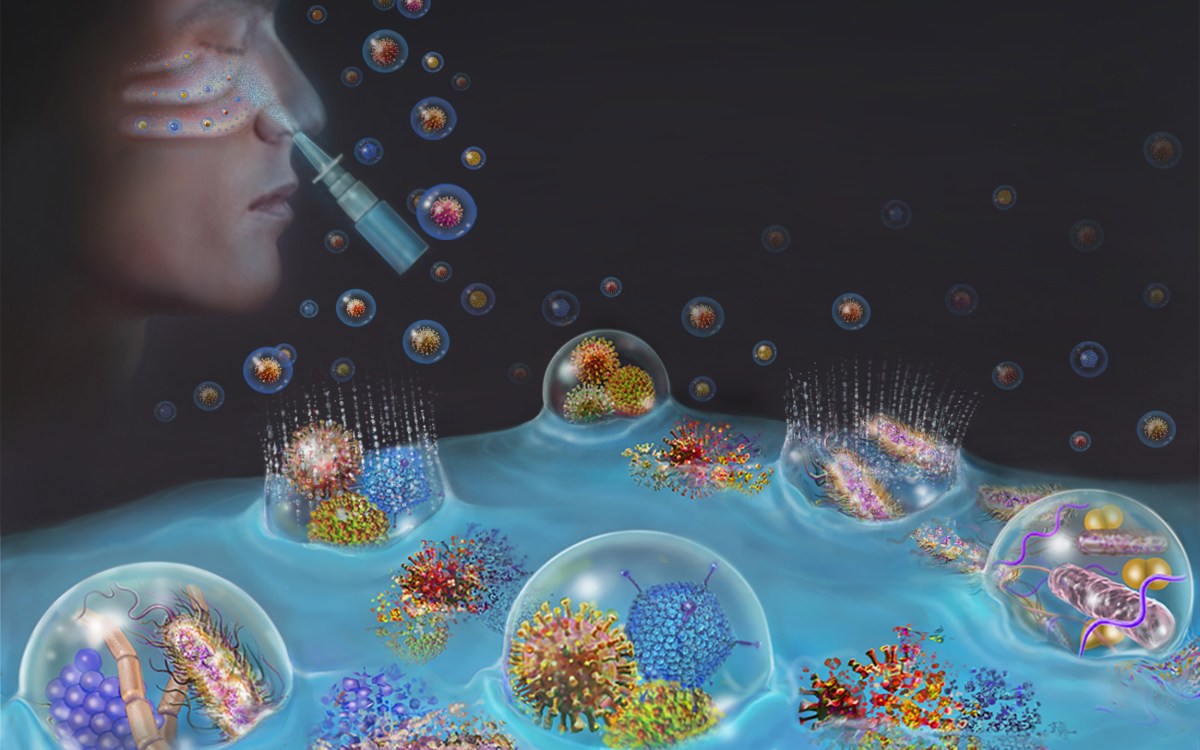
Drug-free nasal spray blocks, neutralizes viruses, bacteria
In preclinical studies, spray offered nearly 100% protection from respiratory infections by COVID-19, influenza, viruses, and pneumonia-causing bacteria
-

Using AI to repurpose existing drugs for treatment of rare diseases
Identifies possible therapies for thousands of diseases, including ones with no current treatments
Part of the Findings series -

Suicide among female doctors gets a closer look
Epidemiologist discusses research, shrinking gap between rates of male, female physicians, what can be done
Part of the Findings series -

To assess a smoker’s lung cancer risk, think years — not packs
Far more cases get caught when screening guidelines consider duration of habit regardless of intensity, study finds — especially among Black patients
Part of the Findings series
-
Engineered probiotic developed to treat multiple sclerosis
Researchers are working on a new approach to target autoimmunity in the brain — a condition at the core of several diseases, including multiple sclerosis.
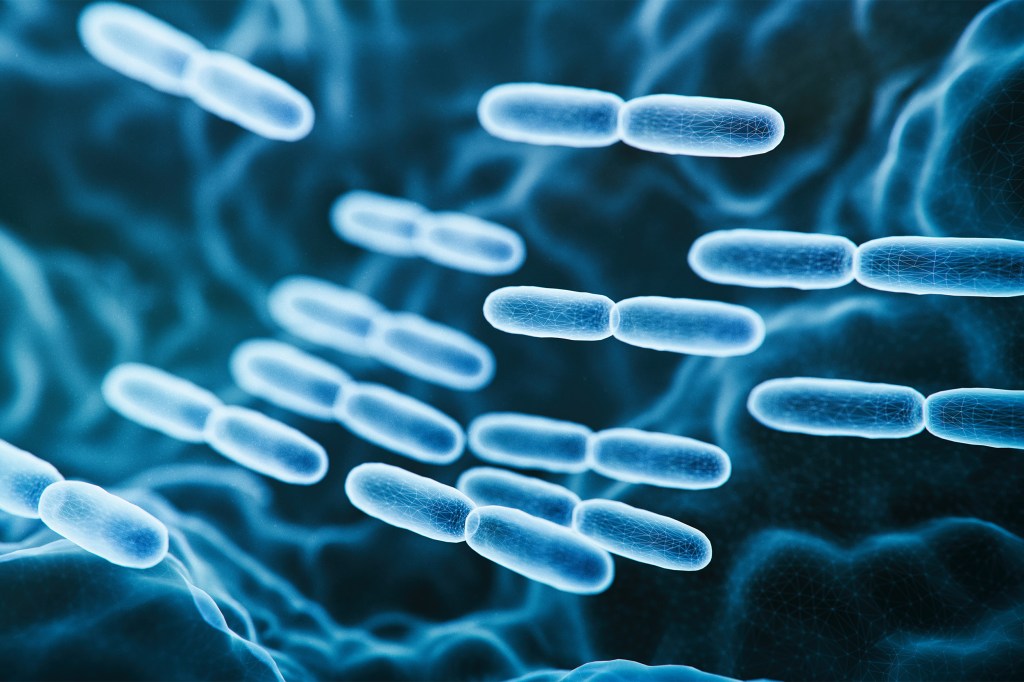
-
The road that ends with Alzheimer’s
Genetic detective work sheds light on SORL1 gene offering possible new treatments, especially for patients not responsive to existing therapies.
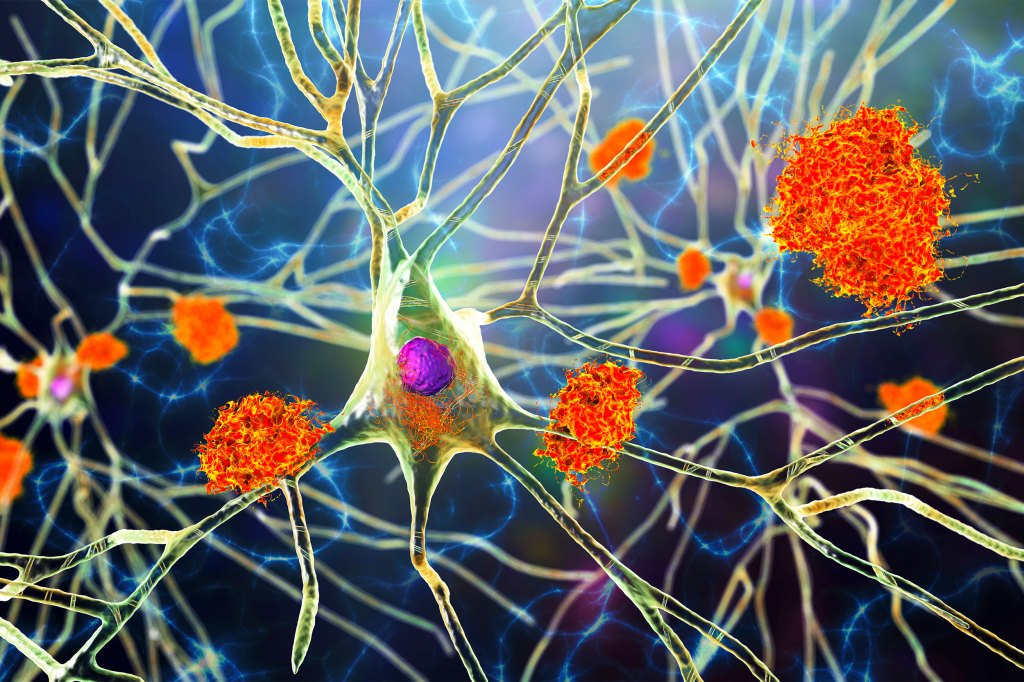
-
Longevity benefits of Mediterranean diet know no boundaries
In a study of adults in the U.K., those who adhered closely to a Mediterranean lifestyle had a 29% lower risk of all-cause mortality and a 28% lower risk of cancer mortality.

-
Vaginal bacteria must eat to survive — but how?
Chemical analysis brings understudied microbiome into sharper focus.

-
Daily soft drink linked to increased risk of liver disease
Study finds women who consumed sugar-sweetened beverage daily had higher risk of developing liver cancer, chronic liver disease.

-
Mental health ills are rising. Do mood-tracking apps help?
Public health data specialist says they can raise patient awareness, but there are pitfalls.
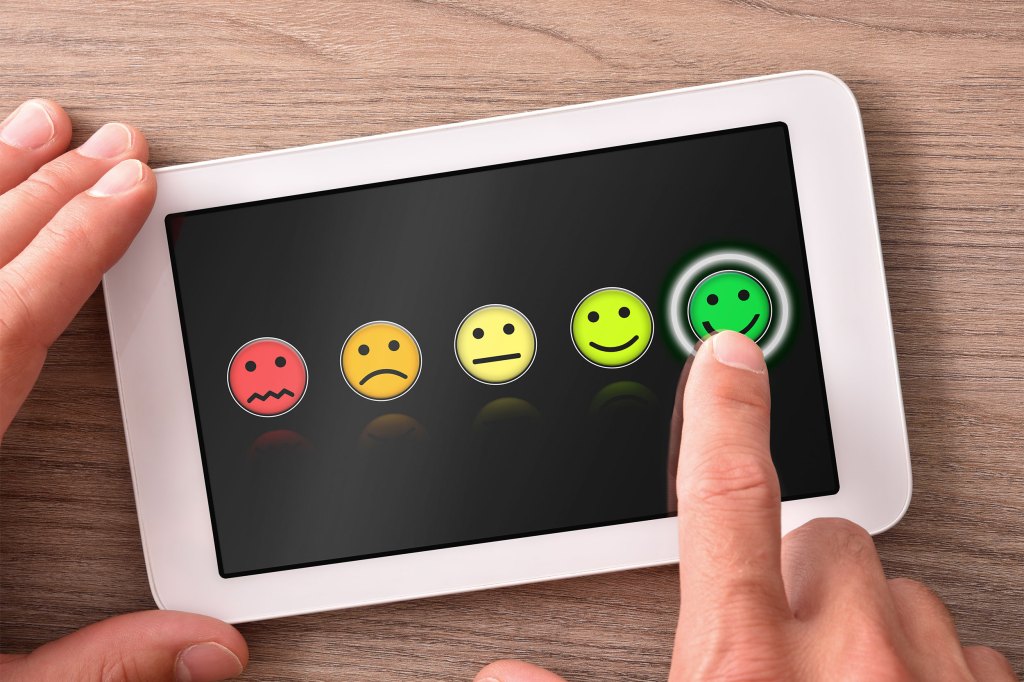
-
Strong, silent, and suffering inside
Mental health experts, Indianapolis Colts owner discuss efforts to end the stigma around asking for help.
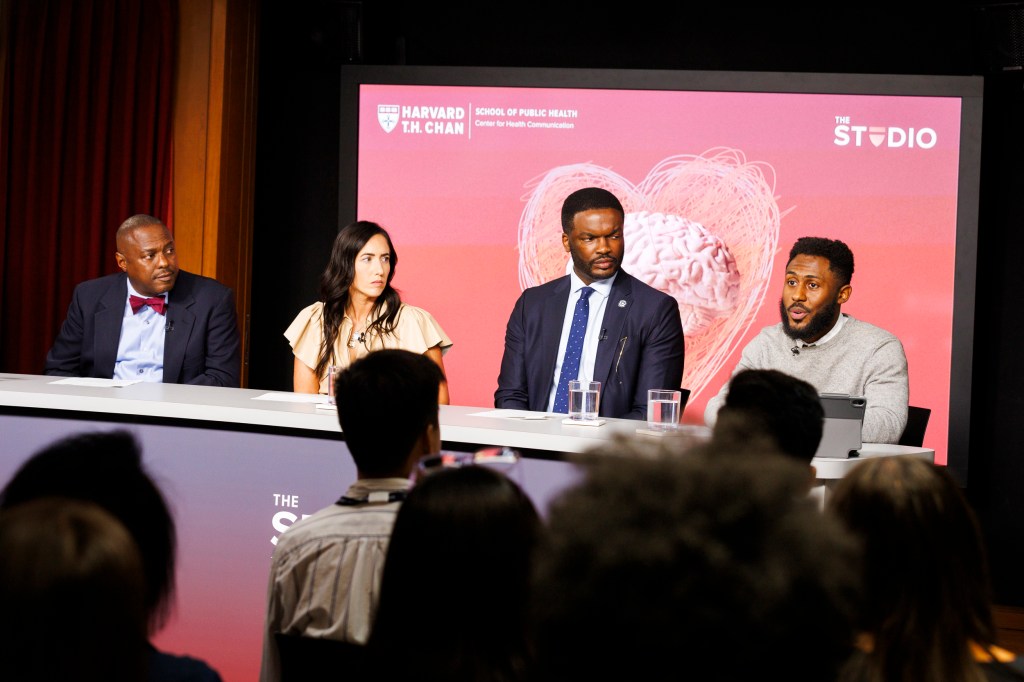
-
Extending lives of old mice by connecting vessels to young ones
Connecting circulatory systems allowed animals in study to live 6-9 percent longer, lowered their biological age.

-
Turns out lowly thymus may be saving your life
Study suggests organ plays vital role in immune health, particularly cancer prevention
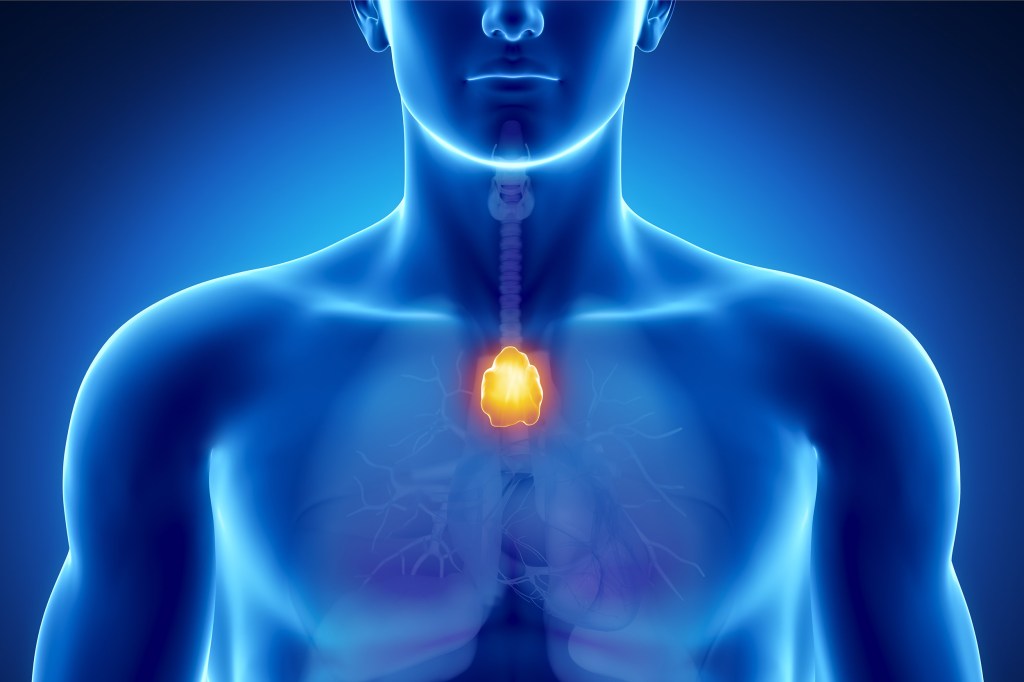
-
So why does my dog get Lyme disease vaccine, and I don’t?
Science can protect your dog, but not you. Expert explains why ’90s vaccine for humans disappeared and details efforts to develop a new one.
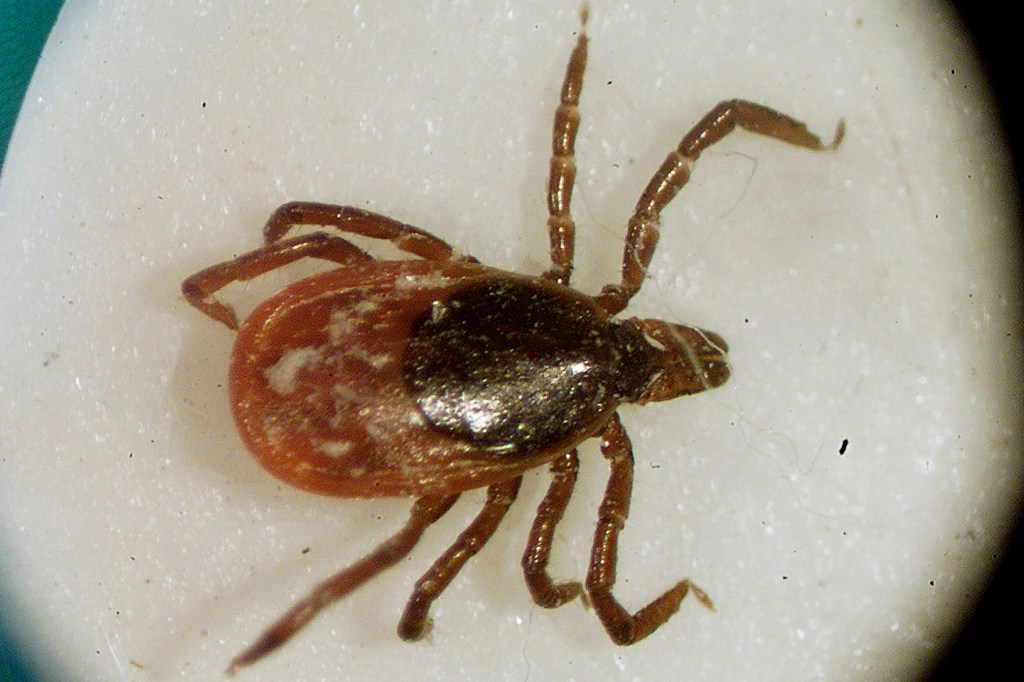
-
COVID-19 came from animals. Why aren’t we working to prevent new scourge?
A new study suggests we are as vulnerable as ever to the emergence of another virus as deadly, or even more so, than COVID-19.

-
Too busy for daily exercise? Study finds same benefits for ‘weekend warriors.’
Study finds similar health benefits for those who concentrate workouts 1-2 days a week.

-
Keep the dog cool
Science has shown that violence among monkeys, rats, and mice increases when the weather is warm. Now it seems we can add dogs to the list.

-
How did E-ZPass help expectant mothers who live near toll booths?
Anupam Jena and Christopher Worsham sift data to find hidden forces at work in healthcare in new book.

-
Are new weight-loss drugs the answer to America’s obesity problem?
Some doctors call them a godsend, particularly as part of wider treatment plan; others warn against halting research into root causes of obesity.
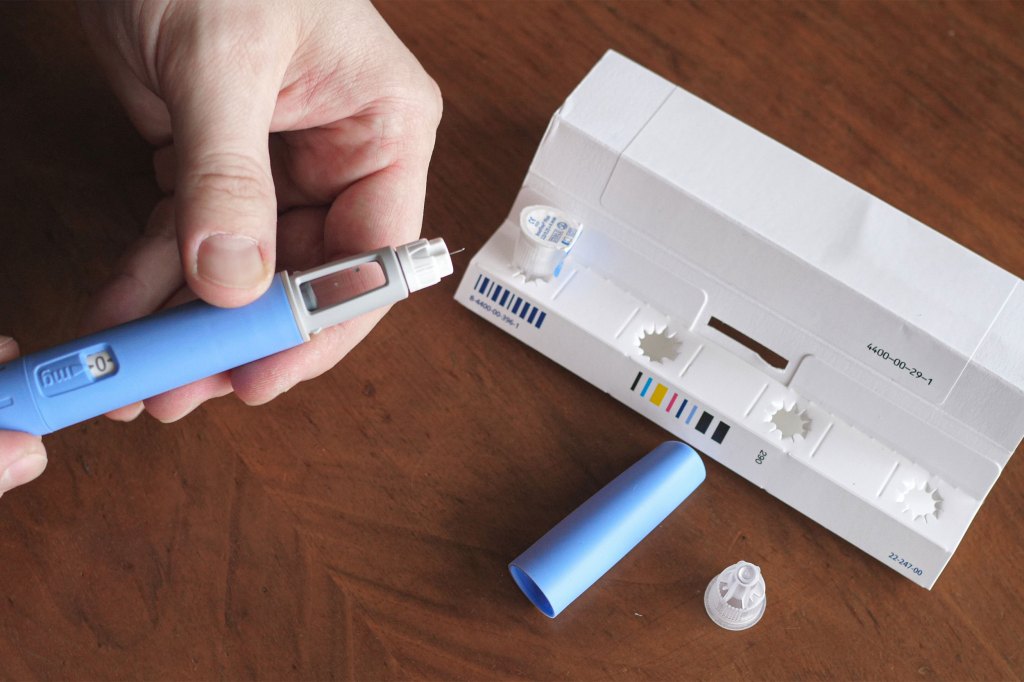
-
The social life of a dermatologist
It might be jarring when a friend, or complete stranger, pulls down their shirt while you’re trying to eat dinner. It’s also an opportunity.
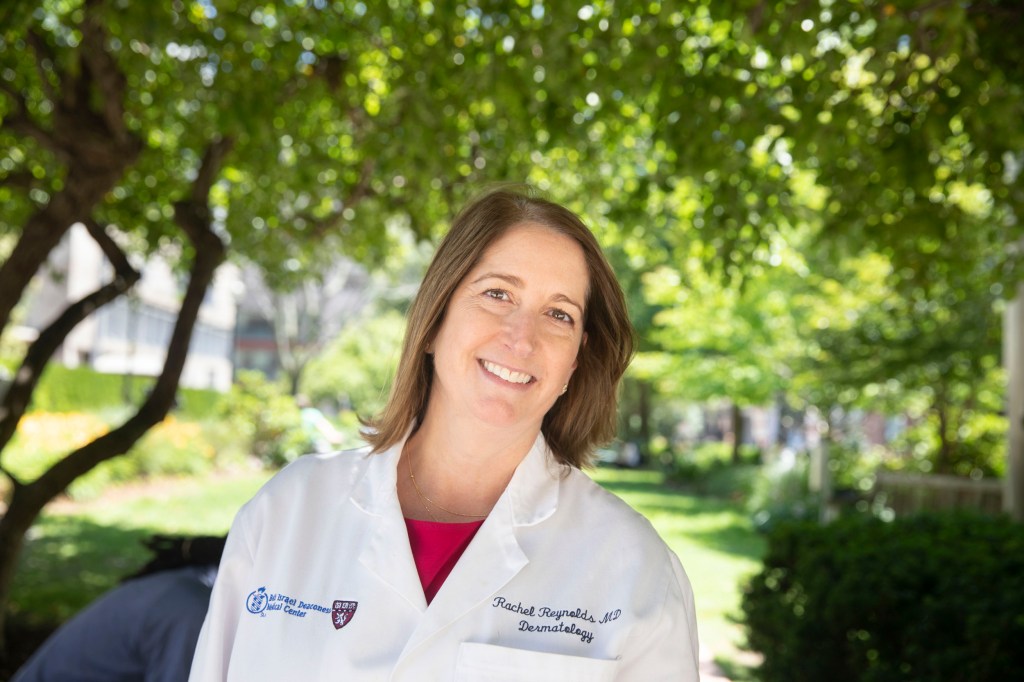
-
Seem like Lyme disease risk is getting worse? It is.
The risk of Lyme disease has increased due to climate change and warmer temperature. A rheumatologist offers advice on how to best avoid ticks while going outdoors.
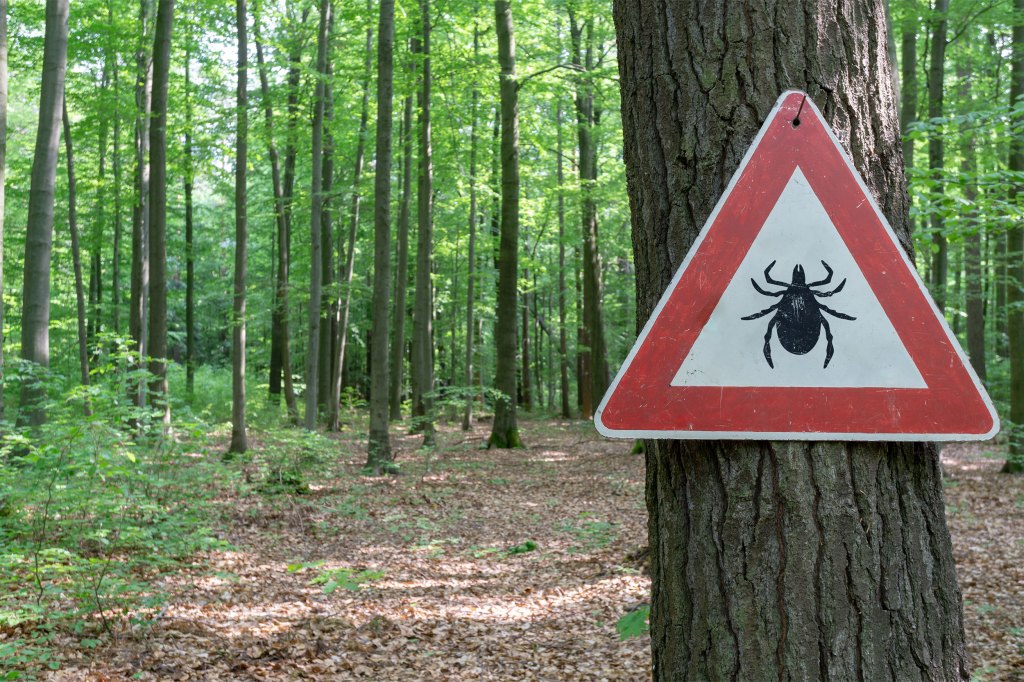
-
Another study links omega-3s and health
Alpha-linolenic acid — an omega-3 fatty acid found in many nuts, seeds, and oils — showed the strongest link to slowing the progression and premature death of people living with ALS.

-
Feeling anxious? Stuck? Problem is psychological avoidance
In her new book, professor of psychiatry Luana Marques says that too many mistake symptoms for underlying problem

-
More evidence moderate drinking is good for your heart. Also: a reason.
A new study offers an explanation for why light to moderate alcohol consumption may be associated with lower risk of heart disease.

-
Your memory might benefit from a multivitamin
Can a simple multivitamin stave off age-related cognitive decline? A recent study says yes.
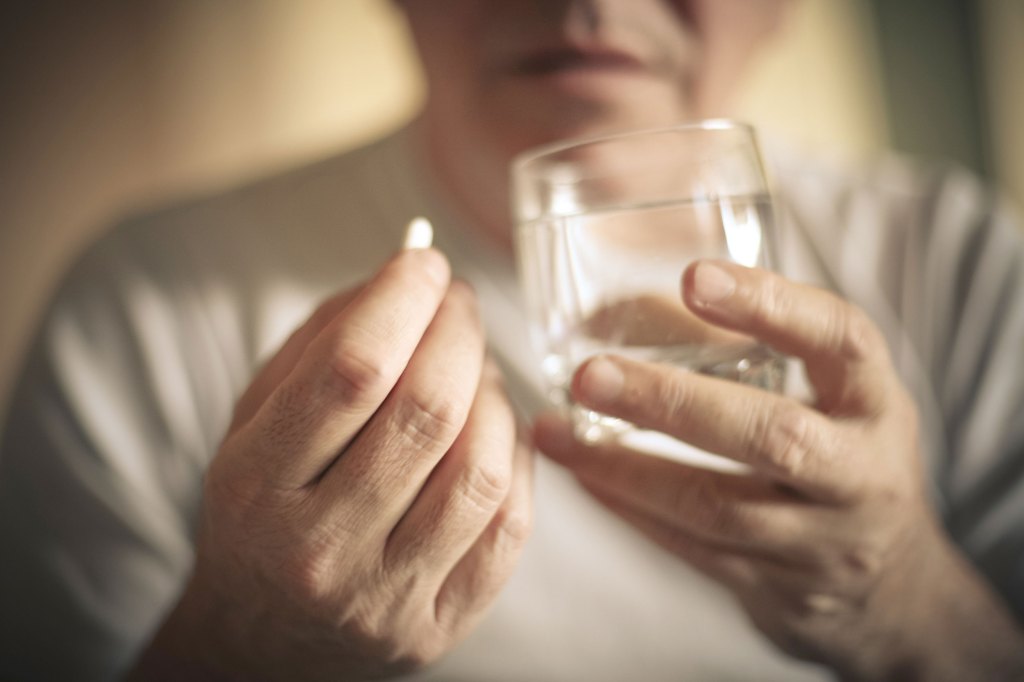
-
Birth control for cats?
A single dose of a naturally occurring hormone prevented ovulation and conception in female cats for at least two years.

-
Start of new era for Alzheimer’s treatment
Neurologist explains why recent trial of the drug lecanemab may offer hope for those with deadly disease.
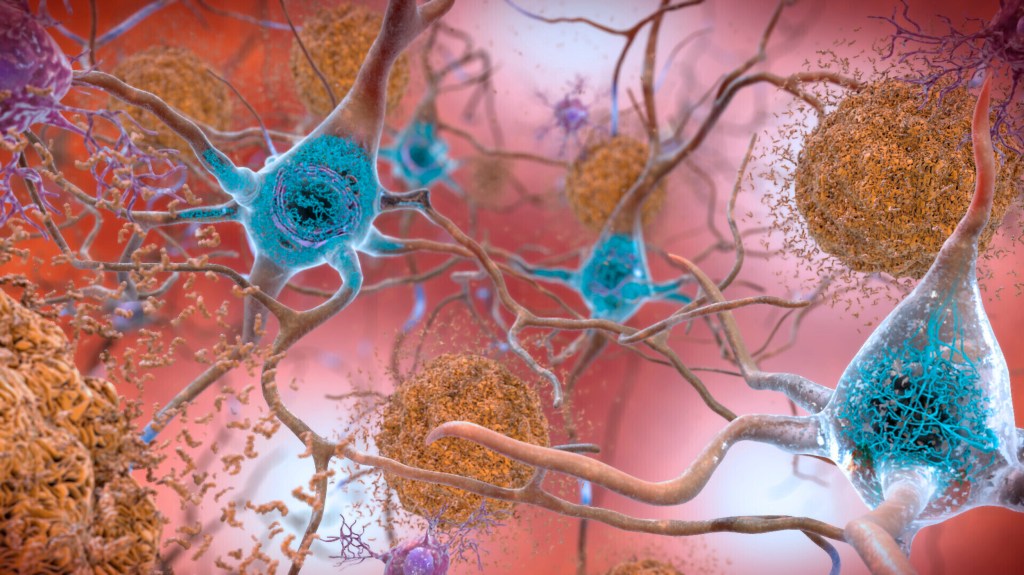
-
Ketamine found effective in treating severe depression
A new study finds ketamine as effective as electroconvulsive therapy (without its major side effects) for the treatment of nonpsychotic, treatment-resistant depression.
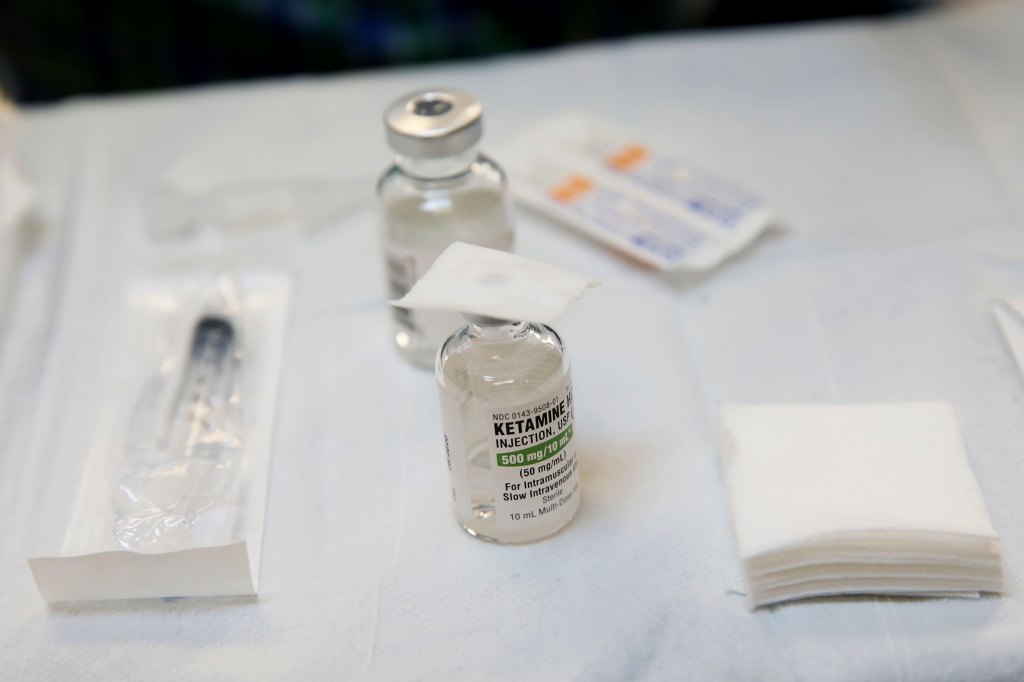
-
The brain on ketamine
It’s a powerful antidepressant, but science needs more answers on out-of-body experiences and other “dissociative effects,” says the first author Fangyun Tian.
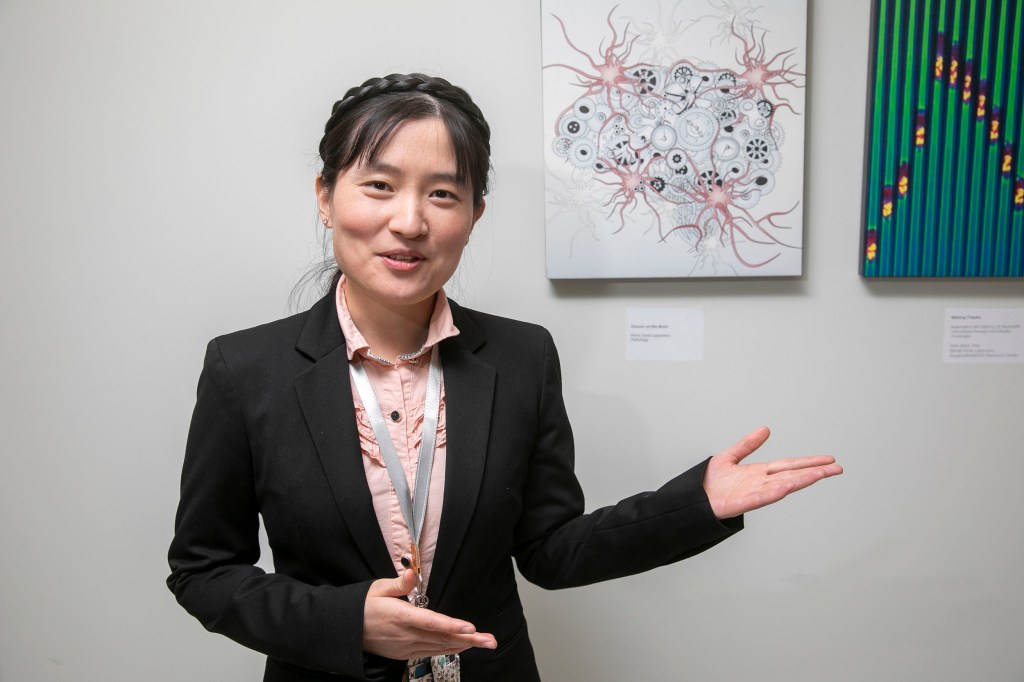
-
Estrogen a more powerful breast cancer culprit than we realized
A Harvard Medical School study shows the sex hormone estrogen — thus far thought to be only a fuel for breast cancer growth — can directly cause tumor-driving genomic rearrangements.
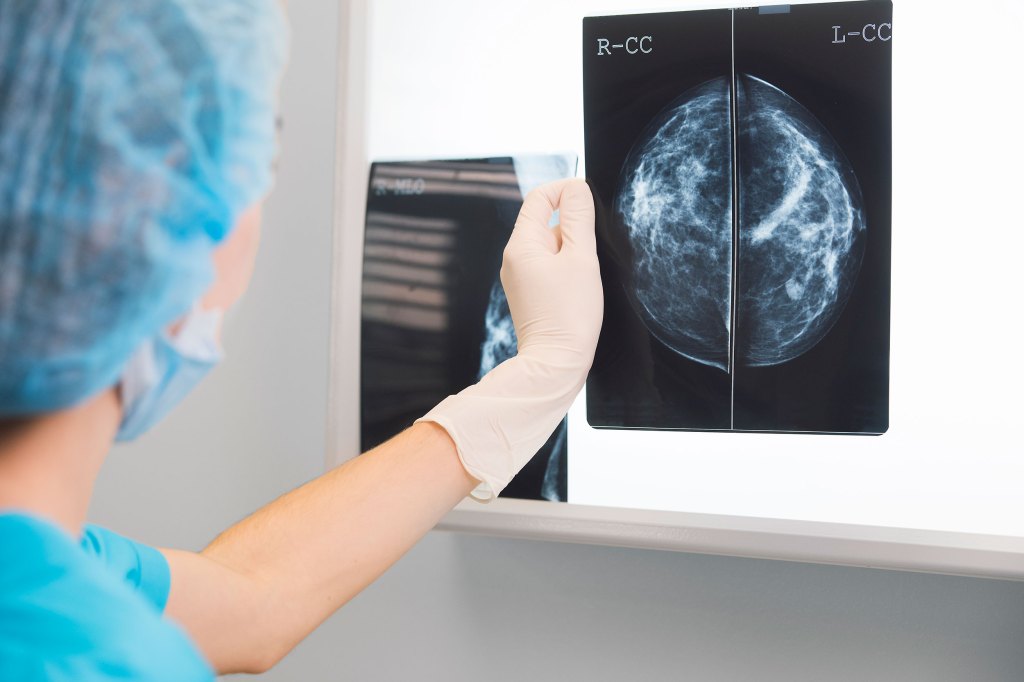
-
Newly identified genetic variant protects against Alzheimer’s
Researchers identified a first-of-its-kind patient with a genetic predisposition for early-onset Alzheimer’s disease who remained cognitively intact more than two decades beyond the expected age of memory impairment.
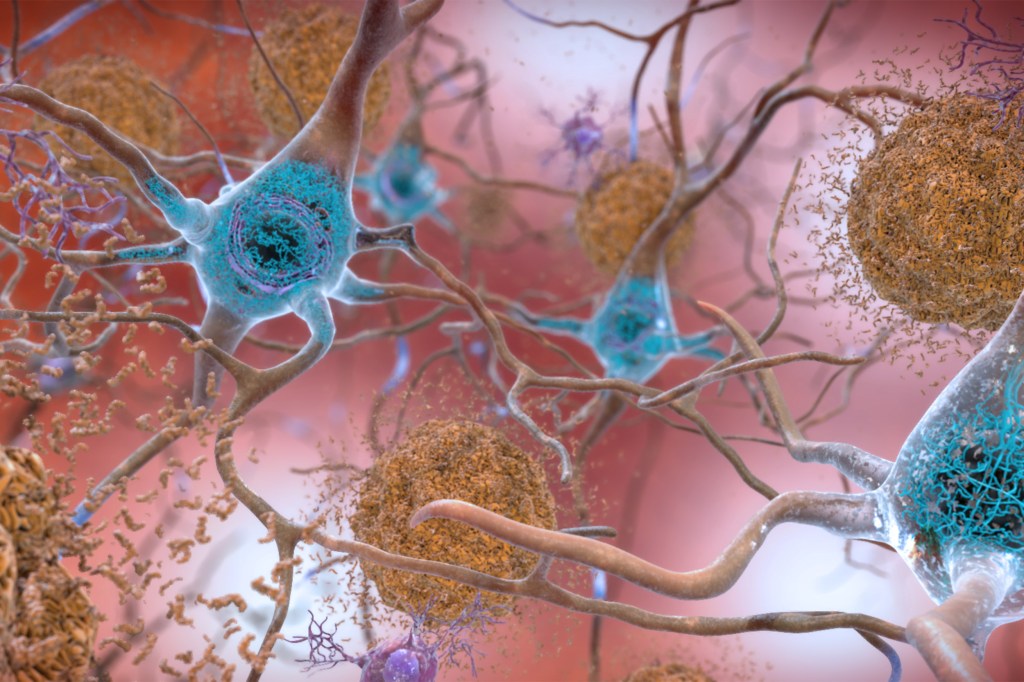
-
When to get first mammogram? Doctor explains latest advice.
Guidance shifts amid troubling breast cancer trends in young and Black women.

-
Deaths from alcohol-related liver disease soared during COVID
During the pandemic, American Indian and Alaska Native populations experienced nearly six times the mortality of white people from alcohol-associated liver disease.
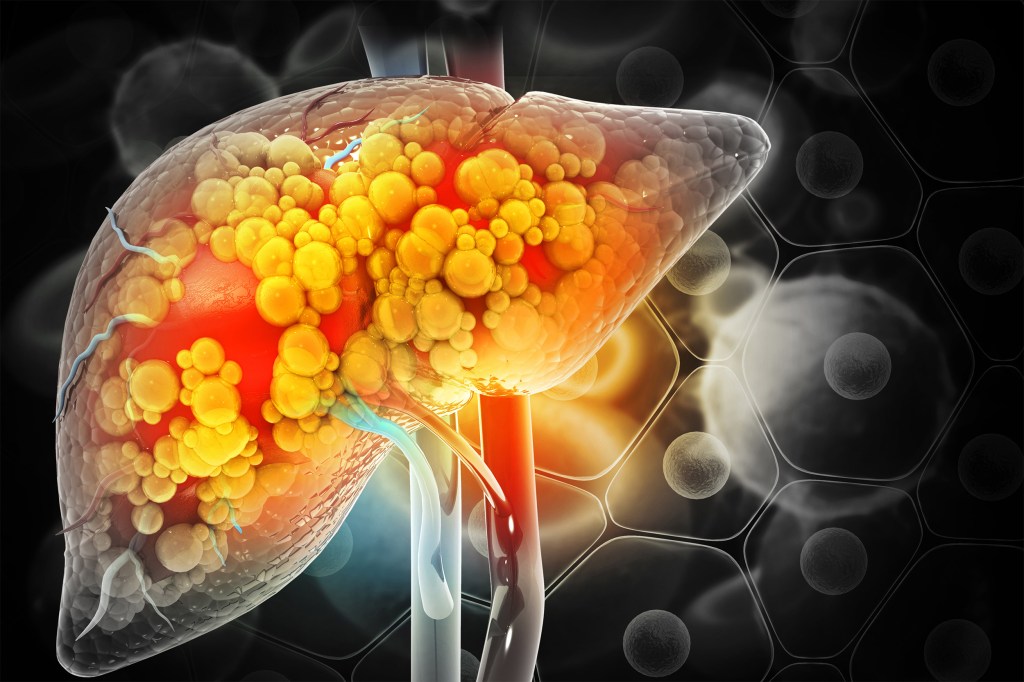
-
‘Happiness is not a destination … Happiness is the way’
Harvard Chan School of Public Health celebrates opening of $25 million Thich Nhat Hanh Center for research, approaches to mindfulness.

